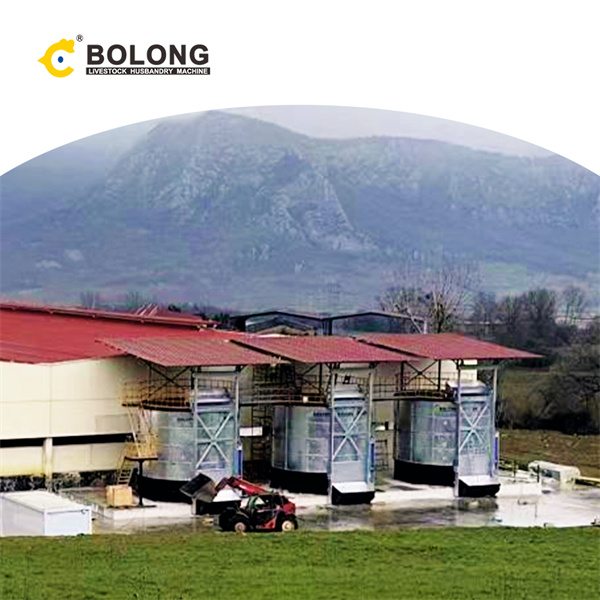Introduction: Rural development is essential for enhancing the livelihoods of rural communities. Livestock fermentation tanks contribute to rural development by providing economic opportunities and improving agricultural sustainability. This article explores their role in rural development.

Economic Opportunities: Fermentation tanks create economic opportunities by producing valuable compost that can be sold or used to improve farm productivity. This generates additional income for rural farmers.
Sustainable Practices: Fermentation tanks promote sustainable farming practices, enhancing long-term agricultural productivity and resilience. Sustainable practices support the economic stability of rural communities.
Community Benefits: Improved manure management with fermentation tanks reduces environmental pollution, enhancing the quality of life in rural communities. Cleaner environments support healthier living conditions.
Case Study: A rural farming cooperative implemented fermentation tanks to manage manure. The cooperative generated additional income from compost sales, improved soil health, and enhanced community well-being.

Conclusion: Livestock fermentation tanks contribute to rural development by providing economic opportunities, promoting sustainable practices, and enhancing community benefits. These advantages support the livelihoods and resilience of rural communities.